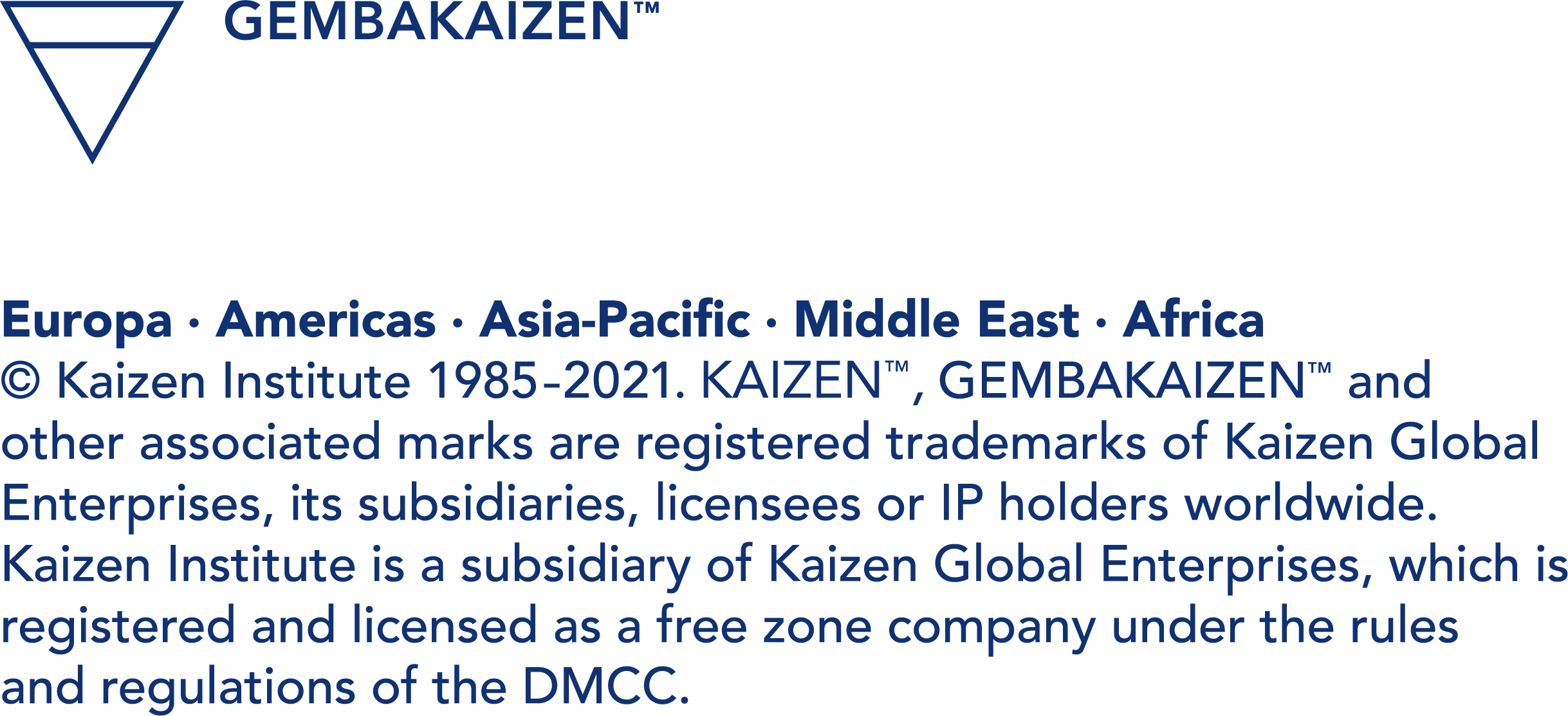Just-in-time manufacturing and other elements of the Toyota Production System work best when they are a common basis for synchronizing activity throughout the production sequence. This is an egalitarian arrangement in which each process in the production flow becomes the customer for the preceding process and each process becomes a supermarket to the following process.
Third-party suppliers participate on an equal footing with Toyota operations in the production flow. Each fulfilling their own role in the production flow. The only participant in the entire sequence who does not answer to anyone is the customer who selects a vehicle in the marketplace.
Suppliers who participate in the Toyota Production System enjoy the same benefits that Toyota does from the system. Features like Just – in –time management, leveled production, and continuous-flow processing can dissolve inventories at parts suppliers just as readily and effectively as they do at Toyota’s assembly plants.
Product quality improves likewise, since the Toyota Production System illuminates problems anywhere that they occur in the production sequence. Suppliers who adopt the Toyota production system also report improvements in employee-management relations. That is mainly because the system provides for an expanded role for employees in designing and managing their own work. It brings together employees and management in the joint pursuit of improvements in productivity, quality, and working conditions.
The KAIZEN™ Management System is an integrated, global feet view of KAIZEN™ deployment, which clearly shows why KMS is required, what are its building blocks , how are these building blocks interconnected, what is the super ordinate goal, what is the foundation and so forth.

This KMS model developed by Kaizen Institute talk provide end to end solution starting from SUPPLIERS up-to CUSTOMERS, the entire value stream. Now, if you look at the concept of waste elimination and apply it across the entire value steam, right from the suppliers to your final customers, it is called improving the whole, not the bits! and this is what is depicted in the top section of KMS. It simply reemphasizes that world class performance is not only restricted to manufacturing plant or to one process or to one machine or to one group within the organization. World class performance has to be pursued across the entire value chain.
Acknowledgement: The Welch Way book by Jeffrey A. Krames












